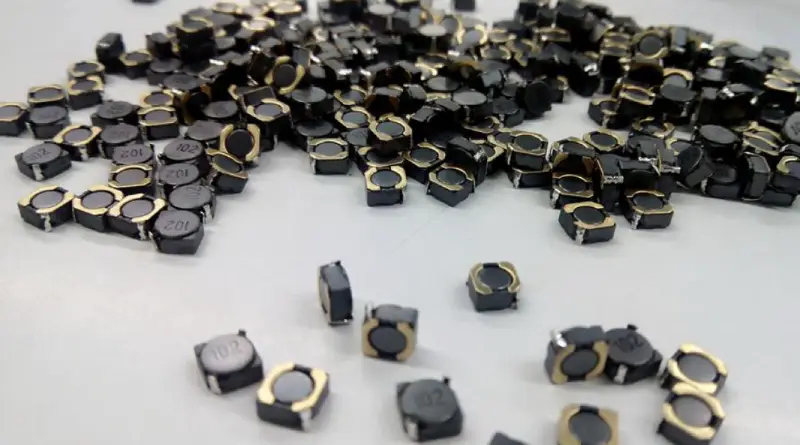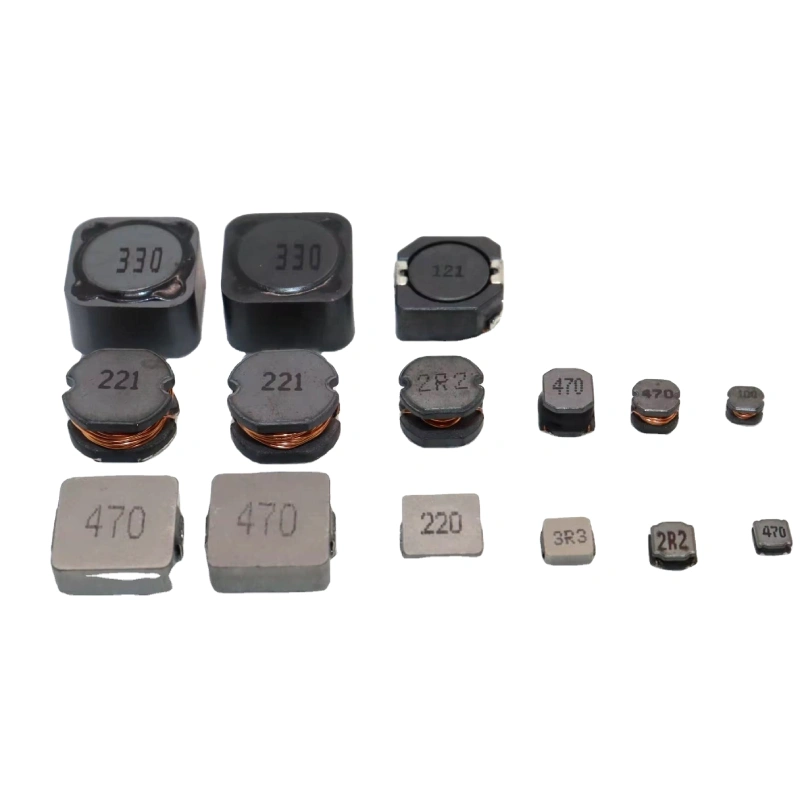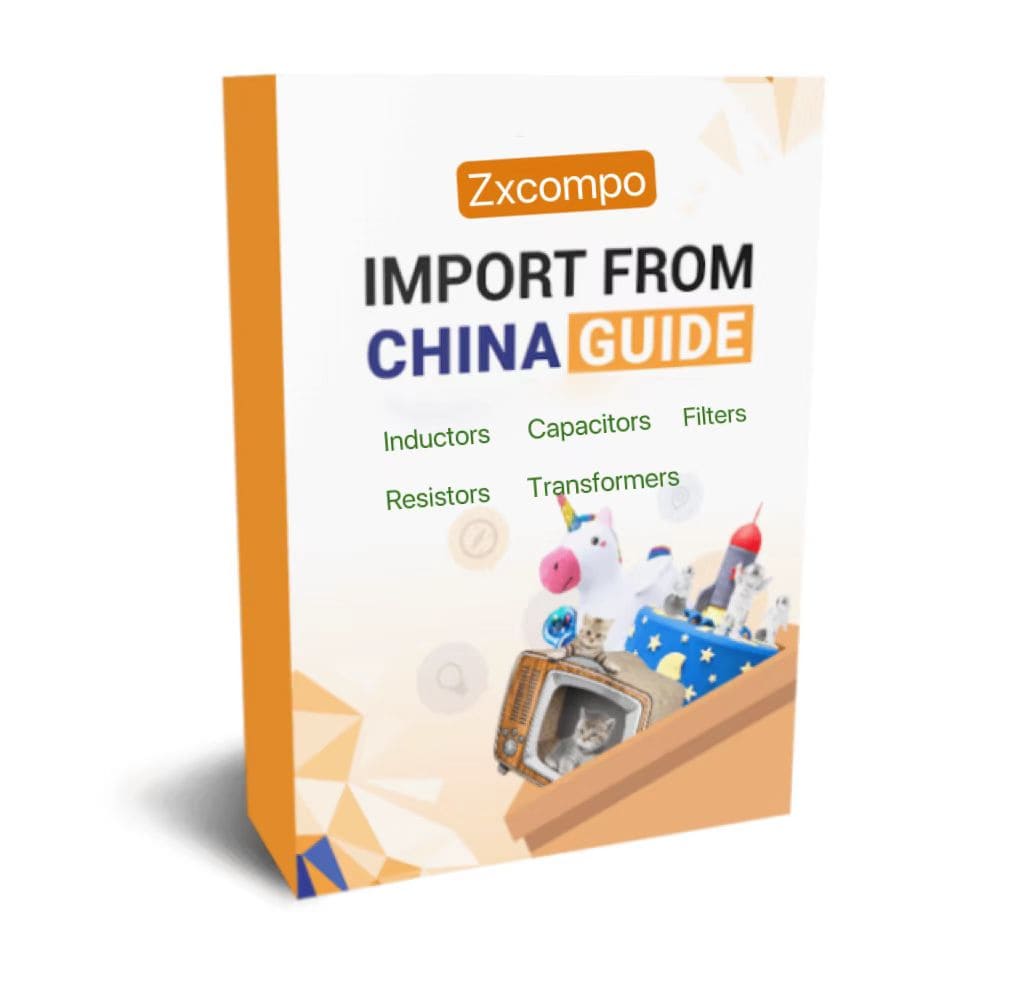Inductors Application
Inductors are used in a wide range of applications in many different industries and applications. The following are some common industries and areas where inductors are used in a relatively large number of applications:
Electronics industry: Inductors are used in a wide range of electronic devices, including power supplies, communications equipment, computer hardware, wireless charging, RF circuits, sensor interfaces, etc.
Automotive industry: Inductors play an important role in automotive electronic systems, used in ignition systems, engine management, sensor signal processing, electronic stability control, braking systems, transmission control, etc.
Industrial automation: Inductors are used in industrial automation control systems, such as motor drives, inverters, robot control, sensor interfaces, solenoid valve control, etc.
Energy field: Inductors play an important role in the field of energy generation, conversion, and transmission, including wind power, solar power, inverters, power transformers, power electronics, etc.
Aerospace: Inductors are used in aerospace applications involving flight control systems, communication equipment, navigation systems, radar systems, etc.
Home appliances and consumer electronics: Inductors are widely used in home appliances and consumer electronics, including televisions, audio equipment, power adapters, electronic lamps and lanterns, and power tools.
Lighting and lighting control: Inductors play an important role in lighting and lighting control systems, such as electronic ballasts, LED drivers, dimming systems, etc.
This is only a small sample of industries and fields, but in fact, inductors are widely used in many other industries and applications as they provide inductive performance, filtering, energy storage, and transmission in circuits.
How to choose the right inductor for your application?
Choosing the right inductor requires consideration of several factors. The followings are some considerations and steps to help you select the right inductor for your application:
Determine the application requirements:
First, define the requirements and parameters of the inductor for the application. This includes inductance value (in Henry), current rating, frequency response range, temperature range, size limitations, and interface requirements with other components.
Understanding inductor types:
Learn about different types of inductors, such as fixed inductors, adjustable inductors, chokes, etc. Each type of inductor has different characteristics and application areas.
Consider inductance and current rating:
Select the appropriate inductance and current rating based on the application requirements. The inductance value should meet the requirements of the circuit, while the current rating should be able to handle the maximum peak of the current to ensure that the inductor will not be overloaded when in use.
Frequency Response Range:
Determine the frequency range required for the application. Different inductors have different characteristics at different frequencies. Make sure that the inductor you select has good performance over the required frequency range.
Consider temperature range:
Know the operating temperature range of the application and select an inductor that will operate properly over that temperature range. Some applications may require special inductors that are resistant to high or low temperatures.
Size and Package:
Select the appropriate size and package type based on the space constraints of the application. Ensure that the selected inductor is physically sized to fit the requirements of the application.
Refer to specifications and manufacturer recommendations: Refer to relevant specifications, technical manuals, and information provided by the manufacturer to understand the performance characteristics, reliability, and applicability of different inductors.
Perform sample testing:
It is a good idea to obtain some inductor samples for actual testing before making a final decision. This helps verify that the performance meets the application requirements.
Seek professional advice:
If needed, consult an electronics engineer or the supplier’s technical support team for expert application-specific advice and recommendations.
In summary:
when selecting inductors, it is important to consider a combination of application requirements, technical specifications, performance characteristics, and supplier recommendations. Ensure that the inductors selected meet the requirements of the application for optimum performance and reliability.
ZXcompo is a manufacturing company specializing in custom inductors, capacitors, resistors, and more. Find high-quality passive electronic components for your projects. If you have product needs and inquiries. Please contact us now: sales@ZXcompo.com








